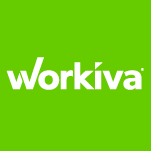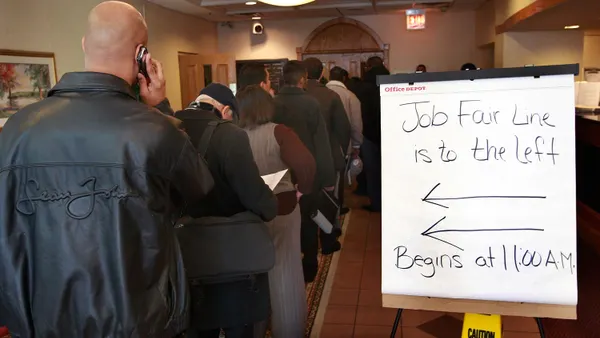Dive Brief:
- Companies with underfunded defined benefit pension plans will see these liabilities jump in coming months as coronavirus-induced volatility takes its toll, analysts at Moody's Investor Services say.
- A steep decline in the rate used to discount the liability, paired with only a modest return on pension assets, is fueling the jump.
- Analysts expect a 6% increase in total adjusted debt for calender year 2020.
Dive Insight:
Two main pension plan variables impact debt levels: the liability discount rate and the return on assets. The lower the discount rate, the higher the liability; the better the asset return, the narrower the gap with the pension liability.
The pandemic has moved both variables in the wrong direction. "This year has so far proved to be a roller-coaster ride for each of these two variables," the analysts said in a brief sent to Moody's clients.
Discount rates have plummeted 96 basis points to an all-time low of 2.26% as of July 31st; a significant swing, the analysts said.
Meanwhile, asset returns have had monthly swings up and down relative to their fair market value at the end of December 2019, with a 2020 low in March, when returns were down 5%, and then a high in July, when returns were up 2%.
As a result, the net impact will drive adjusted debt an average 6% higher, the analysts estimate.
Companies with both high underfunded pension liabilities and high exposure to pandemic disruption are likely to be hit hardest. That means auto and airline companies face the highest increase in debt.
Among 50 companies included in the analysts' financial model, American Airlines, Delta Airlines, Ford Motor and General Motors are expected to be the hardest hit.
CARES Act help
Companies can expect some relief from the stimulus law the federal government enacted in March.
The Coronavirus Aid, Relief, and Economic Security (CARES) Act allows companies to delay until January 2021 contributions that would otherwise have been due in 2020. The delay will provide near-term cash flow relief for companies, but will still generate some liability; interest expense will be accrued at the plan’s effective interest rate on the delayed payments, beginning on the original due date.
Companies that made extra large contributions in 2017 and 2018 to take advantage of the 35% corporate tax rate before it was lowered to 21% by the Tax Cuts & Jobs Act are already exempt from required 2020 contributions, so the CARES Act provision won't help them, the analysts say.
Multi-employer pension plans
The analysts point to multi-employer pension plans (MEPPs) as one type of plan that could be most affected because they're typically underfunded. "Many plans are now past a point where companies that contribute to these funds can cure the overall underfunding," they said.
As a result, the increased pension debt companies can expect this year to hurt liquidity at a time when cash is needed. "The top 50 companies by MEPP contribution are seeing year-over-year growth in MEPP contributions that continue to be a drain on operating cash flow," they said.
On the plus side, fewer companies have been participating in a MEPP, making the percentage of impacted companies relatively small.














